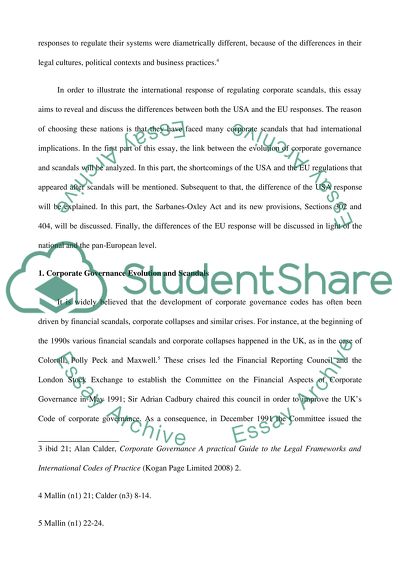Cite this document
(“The Regulatory Response to the Corporate Scandals in the USA and the Essay”, n.d.)
The Regulatory Response to the Corporate Scandals in the USA and the Essay. Retrieved from https://studentshare.org/law/1450310-the-regulatory-response-to-the-corporate-scandals
The Regulatory Response to the Corporate Scandals in the USA and the Essay. Retrieved from https://studentshare.org/law/1450310-the-regulatory-response-to-the-corporate-scandals
(The Regulatory Response to the Corporate Scandals in the USA and the Essay)
The Regulatory Response to the Corporate Scandals in the USA and the Essay. https://studentshare.org/law/1450310-the-regulatory-response-to-the-corporate-scandals.
The Regulatory Response to the Corporate Scandals in the USA and the Essay. https://studentshare.org/law/1450310-the-regulatory-response-to-the-corporate-scandals.
“The Regulatory Response to the Corporate Scandals in the USA and the Essay”, n.d. https://studentshare.org/law/1450310-the-regulatory-response-to-the-corporate-scandals.


